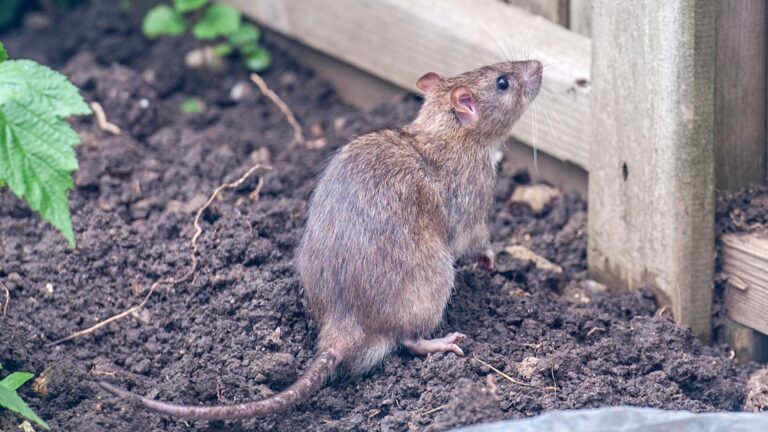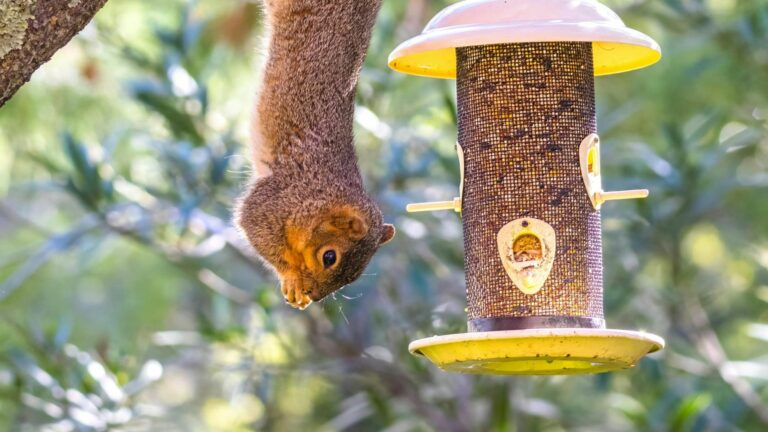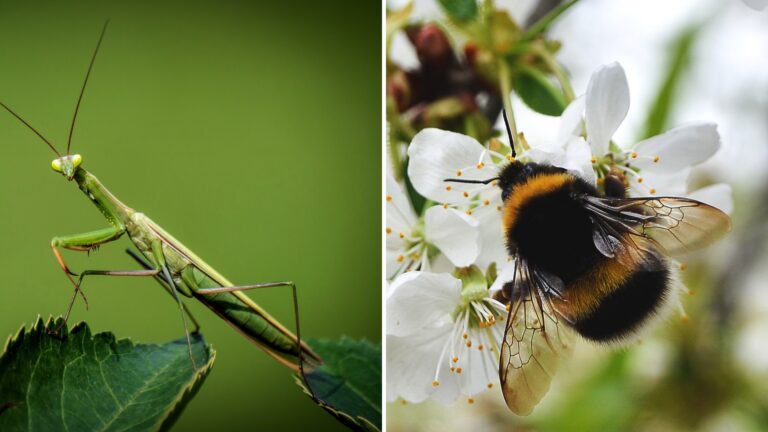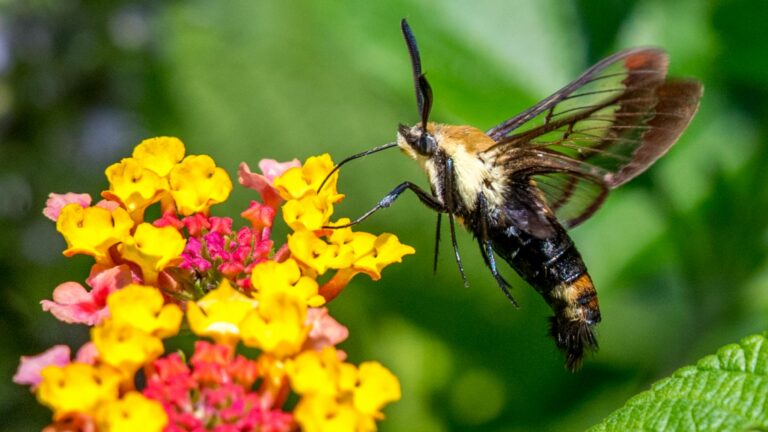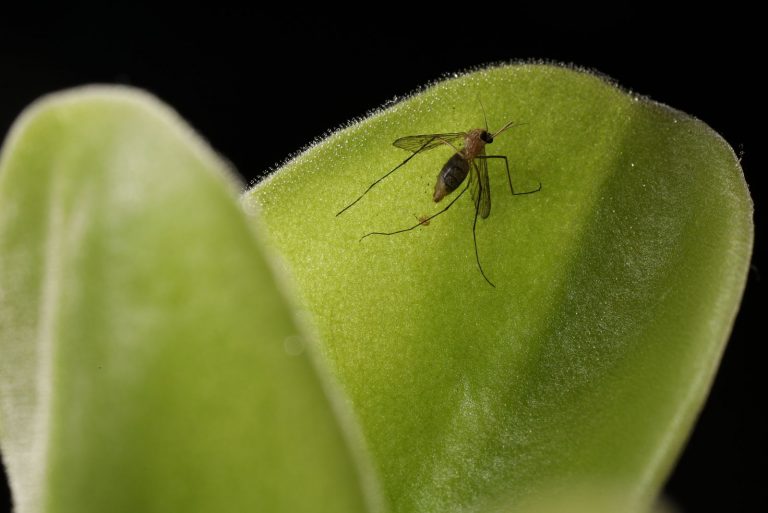What Connecticut Homeowners Should Know Before Removing Possums From Their Yard
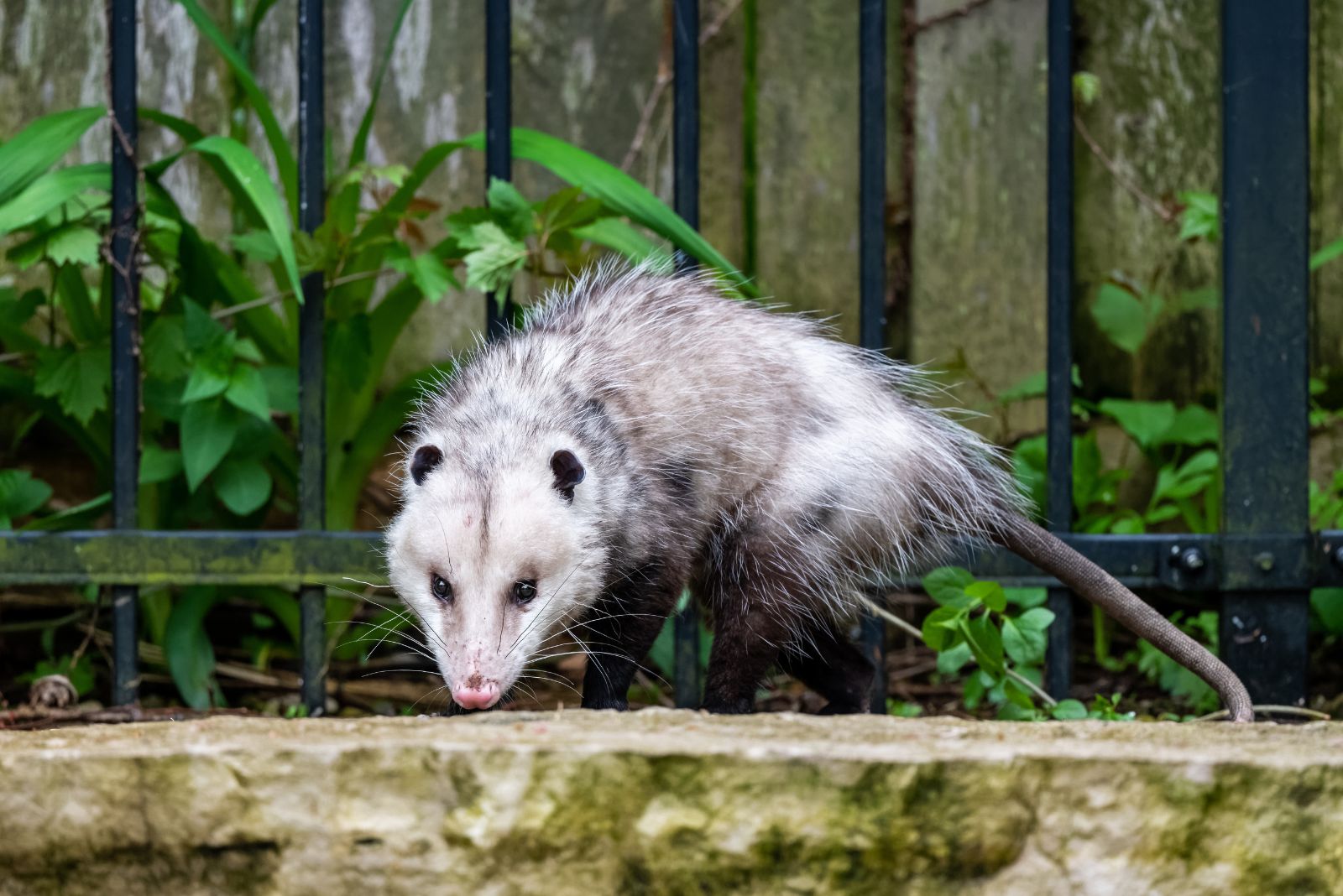
Possums may look out of place in a quiet Connecticut yard, but they often arrive with more curiosity than trouble. Their nightly strolls can surprise homeowners, especially when one shows up under a deck or near a trash bin.
Many jump straight to removal, only to learn later that these animals carry important protections and play a valuable role in the local ecosystem. A little groundwork before taking action can spare a homeowner from fines, setbacks, or an unwanted return visit. Understanding the right steps ahead of time keeps both the yard and the law on your side.
1. Possums Are Nature’s Cleanup Crew
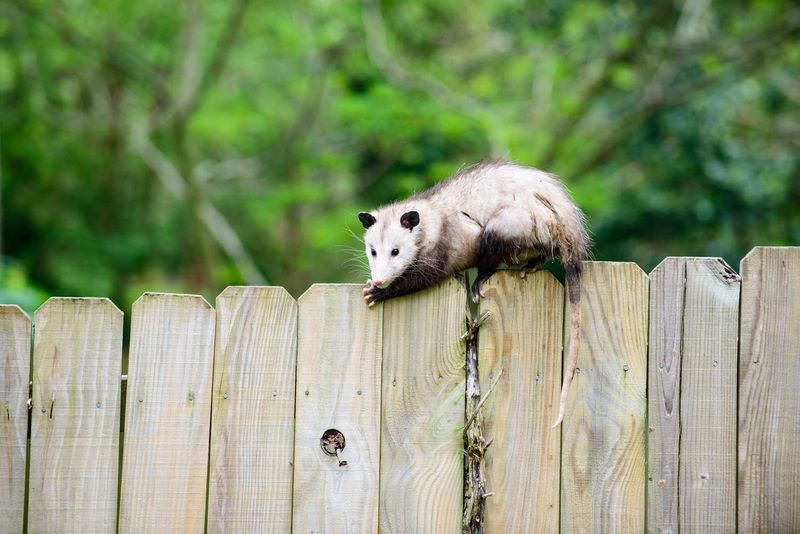
Believe it or not, possums actually help keep your yard healthier than you might think. Every night, a single possum can gobble up thousands of ticks, which means fewer Lyme disease risks for your family and pets.
They also feast on cockroaches, rats, mice, and even venomous snakes. Instead of viewing them as pests, consider them free pest control workers patrolling your property after dark.
Their appetite for garden pests and decaying matter keeps your outdoor space cleaner naturally.
2. They’re Protected By State Wildlife Laws
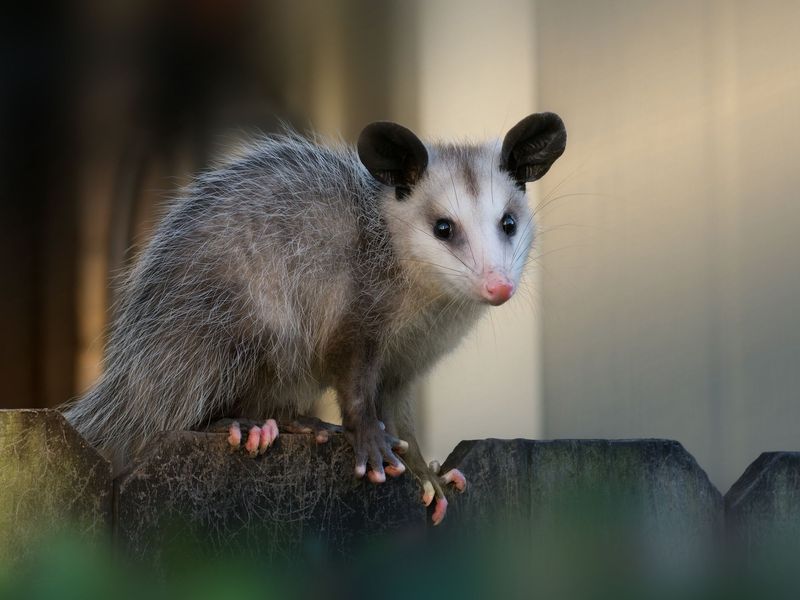
Connecticut has specific regulations about how you can handle wildlife on your property. Possums fall under state protection, meaning you cannot simply trap and relocate them without proper permits.
Violating these laws can result in hefty fines and legal trouble. Most wildlife experts recommend contacting licensed professionals who understand the legal requirements.
If you decide to remove a possum yourself, make sure you research Connecticut’s Department of Energy and Environmental Protection guidelines first to stay within the law.
3. Possums Rarely Carry Rabies
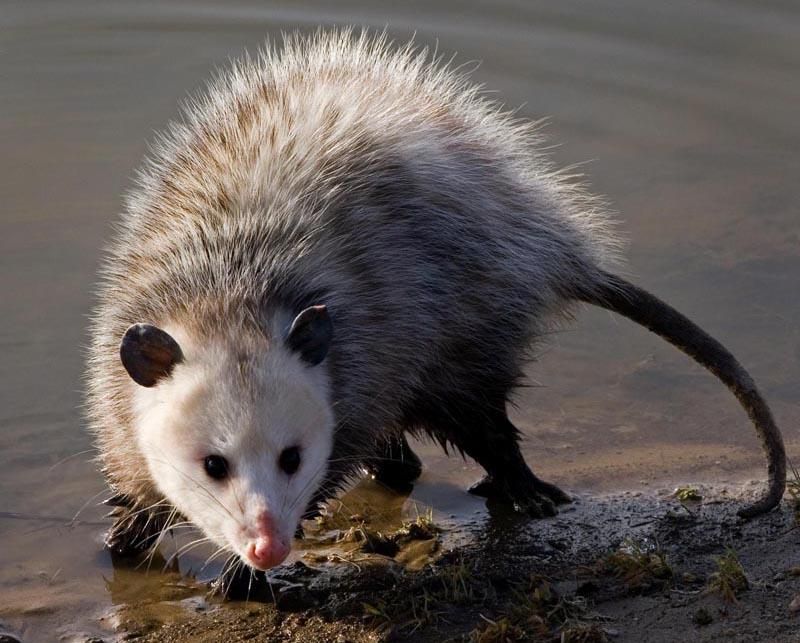
One common myth about possums is that they spread rabies like other wild animals. The truth is surprisingly reassuring for worried homeowners everywhere.
Possums have a lower body temperature than most mammals, making it extremely difficult for the rabies virus to survive in their systems. Cases of rabid possums are extraordinarily rare compared to raccoons, bats, or skunks.
While you should never approach or handle any wild animal, possums pose minimal disease risk to your household and pets.
4. They Only Stay Temporarily
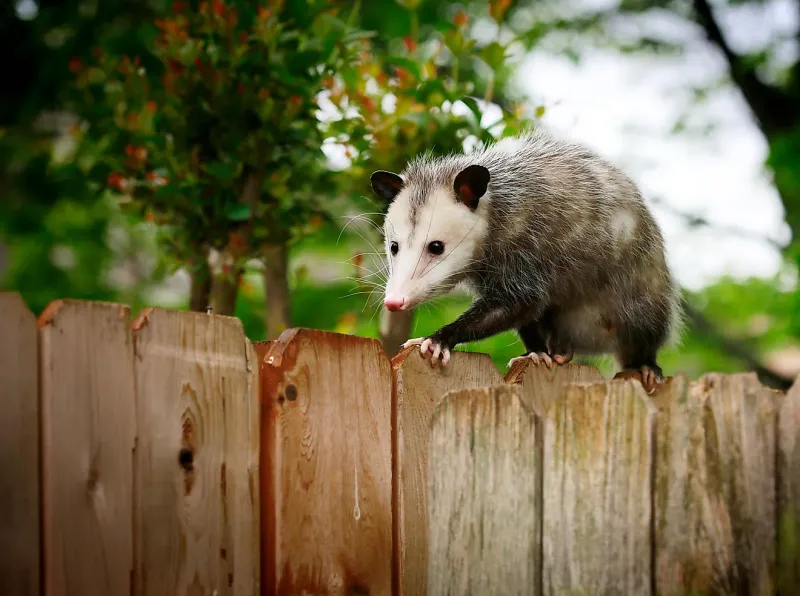
Possums are nomadic creatures by nature, constantly moving from place to place in search of food and shelter. Unlike raccoons that establish permanent dens, possums typically move on within a few days or weeks.
Your yard is probably just a temporary stop on their nightly route. Patience often solves the problem without any intervention needed.
If you stop providing easy food sources like pet food or open garbage, they will naturally wander elsewhere on their own schedule.
5. Their Main Defense Mexhanism
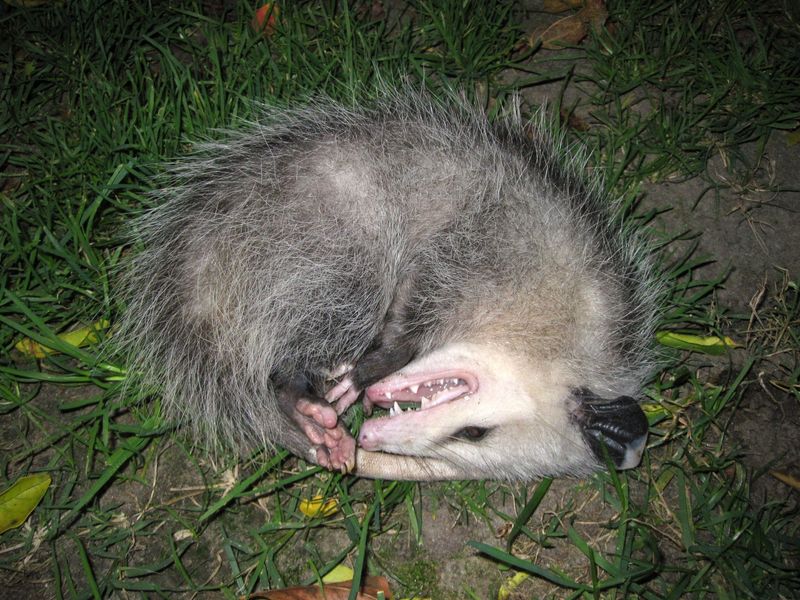
When threatened, possums do something remarkable: they involuntarily enter a catatonic state that looks like they’re not alive. This response is completely automatic and not a conscious decision.
During this state, they emit a foul smell and appear lifeless for up to four hours. This defense mechanism means they are not aggressive animals.
Possums have no real way to fight back, making them harmless to humans and larger pets. Their scary hissing and teeth-baring are just bluffs to avoid confrontation.
6. Simple Deterrents Work Better Than Removal
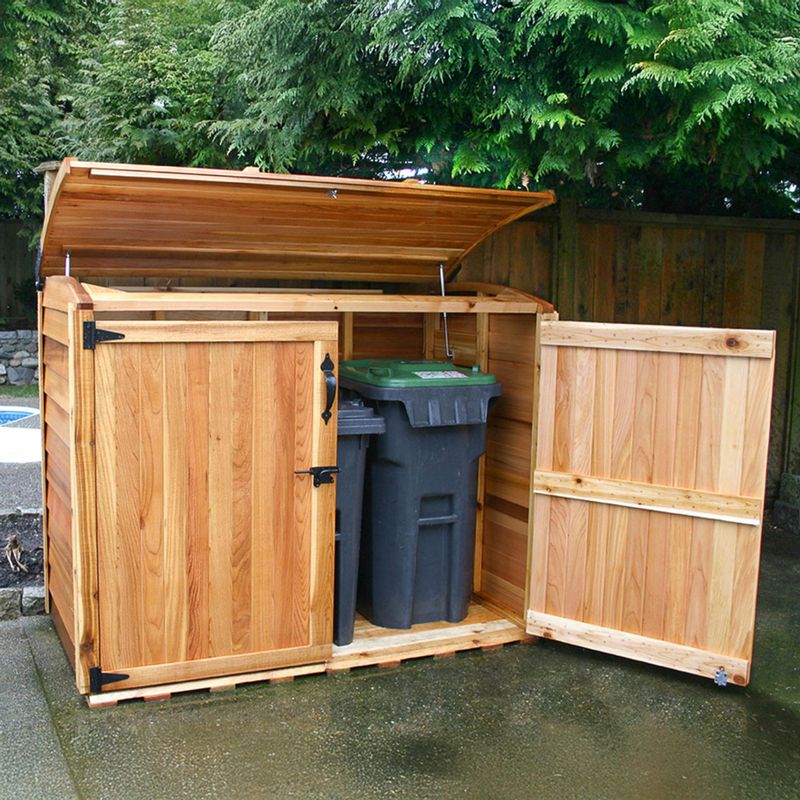
Before spending money on professional removal services, try some basic prevention strategies that actually work. Motion-activated lights and sprinklers can make your Connecticut yard less appealing to nocturnal visitors.
Secure your garbage cans with tight lids and bring pet food bowls inside at night. Remove brush piles, seal crawl spaces, and trim low-hanging branches near your roof.
These simple changes eliminate what attracts possums in the first place, solving the problem without harming any animals or breaking laws.
7. Relocation Can Be Harmful
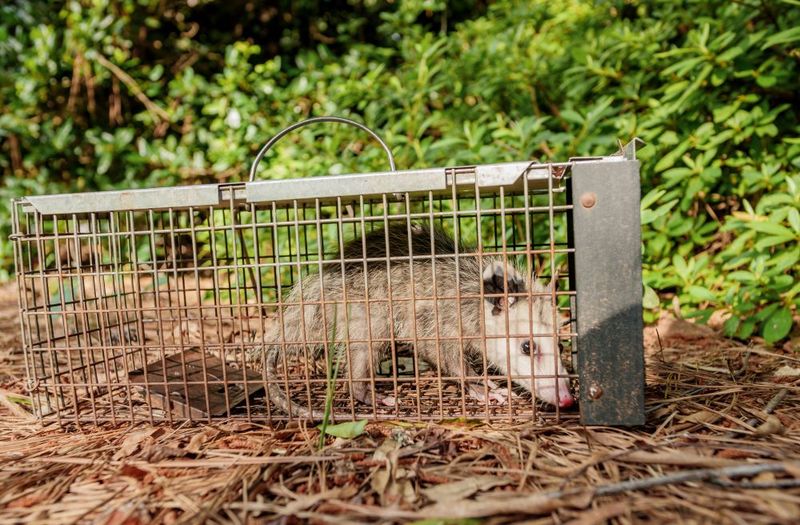
Trapping and relocating possums might seem humane, but it often causes more harm than good. Dropped into unfamiliar territory, possums struggle to find food, water, and safe shelter.
They face competition from established wildlife populations and often do not survive the stress of relocation. Additionally, moving them can spread diseases to new areas.
Connecticut wildlife officials discourage relocation for these reasons. Exclusion methods that encourage possums to leave on their own are far more effective and ethical solutions.
8. Baby Possums Need Special Consideration
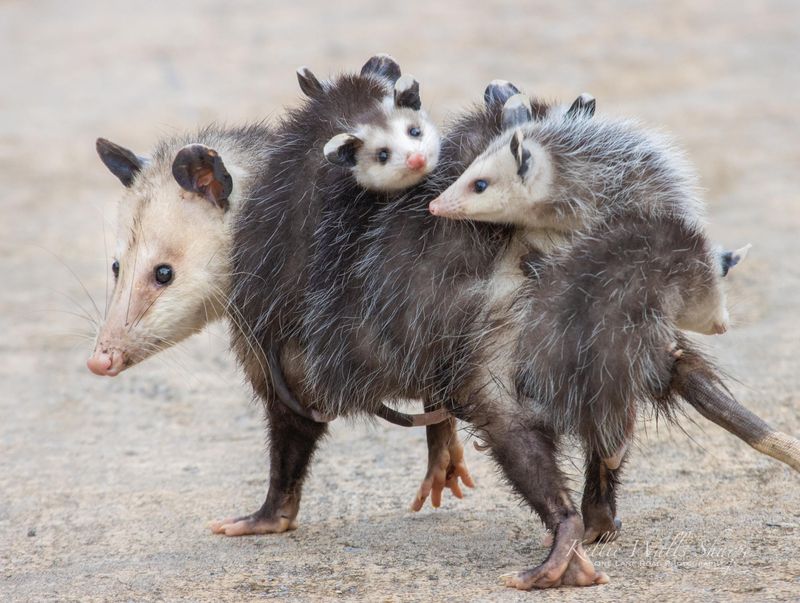
Female possums carry their babies in a pouch for about two months, then the young ride on her back for several more weeks. If you remove a mother possum, orphaned babies may be left behind to starve.
Spring and summer are peak breeding seasons when baby possums are most vulnerable. Look carefully before taking any removal action during these months.
If you discover orphaned babies, contact a licensed wildlife rehabilitator in Connecticut immediately. They have the expertise to care for these fragile creatures properly.

